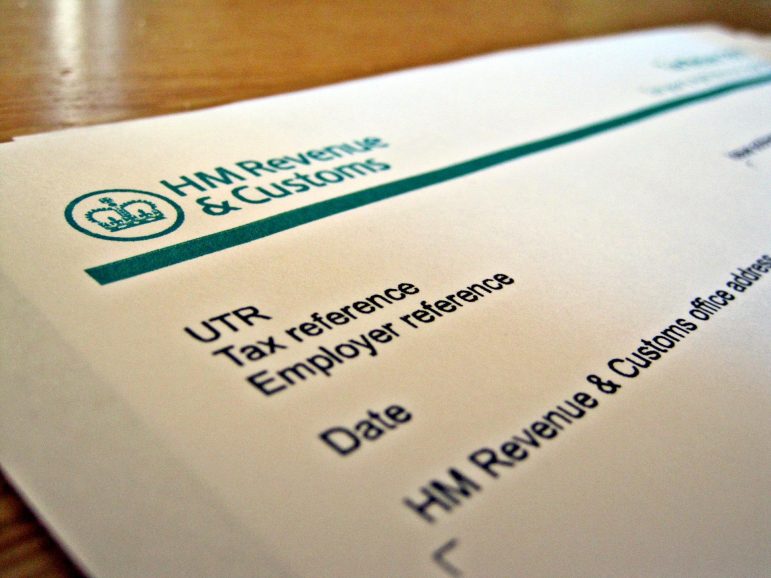Are you waiting for your tax refund? A lot of people are. But now a handful of low income taxpayers have the option of putting their refunds on a prepaid debit card. It’s faster, more secure and the government says it’ll save money. As WBHM’s Andrew Yeager reports, a lot of eyes will be watching how this countrywide experiment pans out.
Love Beverly passes the time on a piano at the Southtown Community Center in Birmingham. She directs the after school tutoring program and is waiting for the daily crush of kids.
“I tell everyone that I know do not call me between the hours of three and eight. Cause I won’t hear my cell phone.”
Beverly has two young children herself. She makes less than $15,000 a year but thanks to the Earned Income Tax Credit she stands to get a substantial refund. It’s like Christmas she explains and technology is on her mind this year.
“Some laptops, different things. Get internet in the home so that the children will be able to do homework a little bit more easier.”
Beverly is the type of person the Treasury Department is targeting with a new pilot program. Six hundred thousand low to moderate income taxpayers have the option to receive their refund on a prepaid debit card. The Treasury Department’s Josh Wright says the program will save money because it’s a lot cheaper to send a refund electronically than to issue a paper check.
“So this is really, primarily, an effort to figure out ways to convert those individuals who are receiving paper checks into receiving electronic payments.”
But an electronic payment has to be sent somewhere and not everyone has a bank account. A 2009 FDIC study found almost a third of Alabama households are unbanked or underbanked. Unbanked means you don’t have a checking or savings account. Underbanked means you may have an account, but you also use services such as cash checking, payday loans or pawn shops.
The Treasury Department’s prepaid debit card includes direct deposit, free online bill pay and withdrawals at many ATMs.
“They’re essentially then being given a bank account.”
Samford University Economist Jeremy Thornton calls the pilot program clever. Not every one gets the same offer. Some cards come with a $5 dollar monthly fee, while others don’t. Some come with a savings account. Others, just get the card.
But prepaid cards aren’t without critics.
“You know, I’m thinking of the Kardashian Kard that was marketed towards teenagers.”
The reality TV Kardashian sisters pulled their card last year after complaints of high fees. Many cards charge activation fees, purchase, inactivity or customer service fees. Stephen Stetson is a policy analyst with Alabama Arise which is a coalition which advocates for low-income Alabamians. Stetson likes the Treasury Department’s card.
“It’s a great product. It’s well design. It addresses a huge need.
Stetson says the fees are low and the money gets to people faster than a check. He hopes that would keep a needy family from taking out a tax-anticipation loan which is saddled with high fees and interest.
“What we hope is that these kinds of products, like this card, will allow people to keep more of their refund.”
While it may be a good deal for some consumers, Samford University’s Jeremy Thornton say the Treasury Department’s prepaid debit card program may not be a good deal for the bank.
“It’s not a riskless prospect. The upside to them is that they are getting access to a large consumer base. The open ended question is can that be done in a way that is profitable for the bank.”
The Chair of the House Ways and Means Committee has been eying the program. Michigan Republican Dave Camp sent a letter to the Treasury Department last month questioning if the government’s program could push aside private cards.
TurboTax and H and R Block do offer their own tax refund debit cards. A spokeswoman for TurboTax says the company is aware of the pilot program but declined to say if it’s seen as competition. The Treasury Department has not yet responded to Representative Camp’s letter.
Love Beverly didn’t get one of those offers from the government, but she thinks it’s a great idea.
“Where I live it’s not wise to walk around with large sums of money on you, so there’s the security risk.”
Plus she says electronic payments are faster than checks. The Treasury Department hasn’t decided yet if it will expand the program. But if they do, Beverly seems eager to drop paper for plastic.

